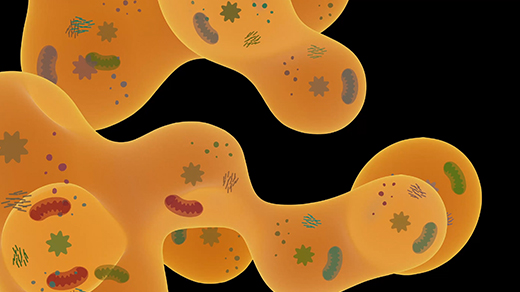 | submitted by /u/Das_Haggis to r/longevity [link] [comments] |
Article URL: https://www.bbc.com/news/live/c0l9r67drg7t
Comments URL: https://news.ycombinator.com/item?id=47089213
Points: 1501
# Comments: 1261
![[R] Analysis of 350+ ML competitions in 2025 [R] Analysis of 350+ ML competitions in 2025](https://preview.redd.it/u0m8lmvz2gkg1.png?width=140&height=140&crop=1:1,smart&auto=webp&s=77e16b8e5d6975995a5ada54ae28b591e8369563) | I run mlcontests.com, a website that lists machine learning competitions from across multiple platforms - Kaggle, AIcrowd, Zindi, Codabench, Tianchi, etc… Like previous years, I’ve just written up a summary of last year’s competitions and winning solutions. With help from several of the competition platforms, I tracked down around 400 competitions that happened last year, as well as info on the #1 winning solution for 73 of those. Some highlights:
Python packages popular among competition winners Way more info in the full report, which you can read here (no paywall, no cookies): https://mlcontests.com/state-of-machine-learning-competitions-2025?ref=mlcr25 [link] [comments] |
Article URL: http://karpathy.github.io/2026/02/12/microgpt/
Comments URL: https://news.ycombinator.com/item?id=47000263
Points: 17
# Comments: 3
It’s a familiar image, reprinted in countless biology textbooks: an illustration of a typical cell, halved like a grapefruit to reveal its innards. Strands of endoplasmic reticulum encircle a nucleus that floats in the center like a raft. RNA molecules wait patiently at ribosomes to deliver recipes for making proteins. A few vacuoles and Golgi bodies bob about. A mostly deserted cytosol offers a…

